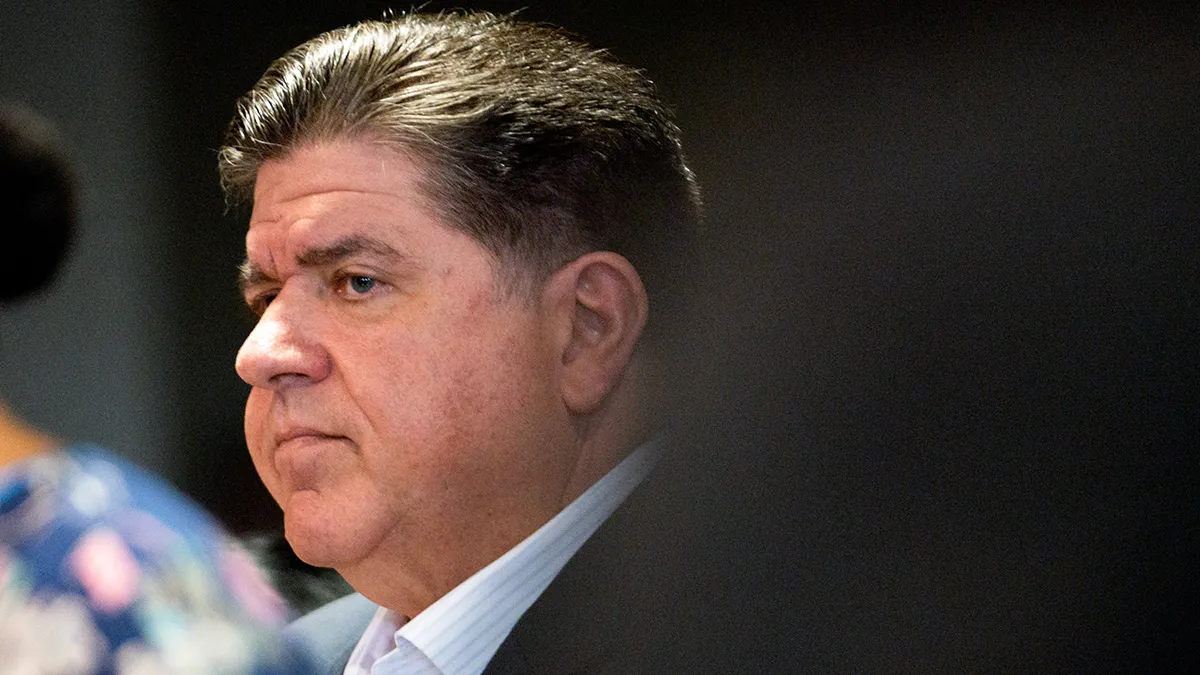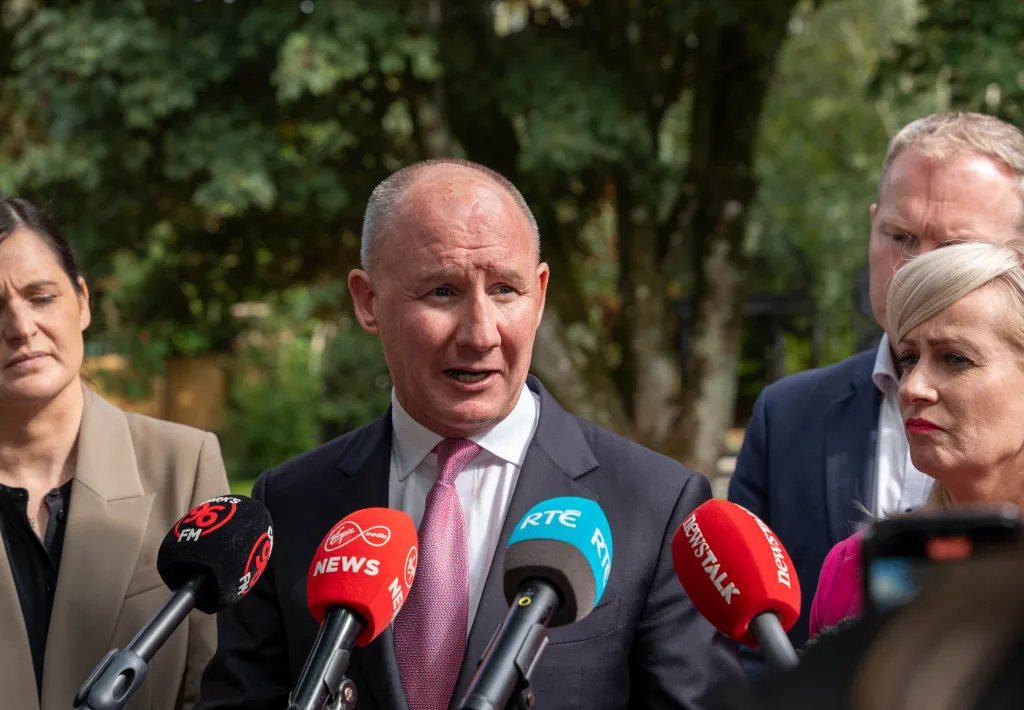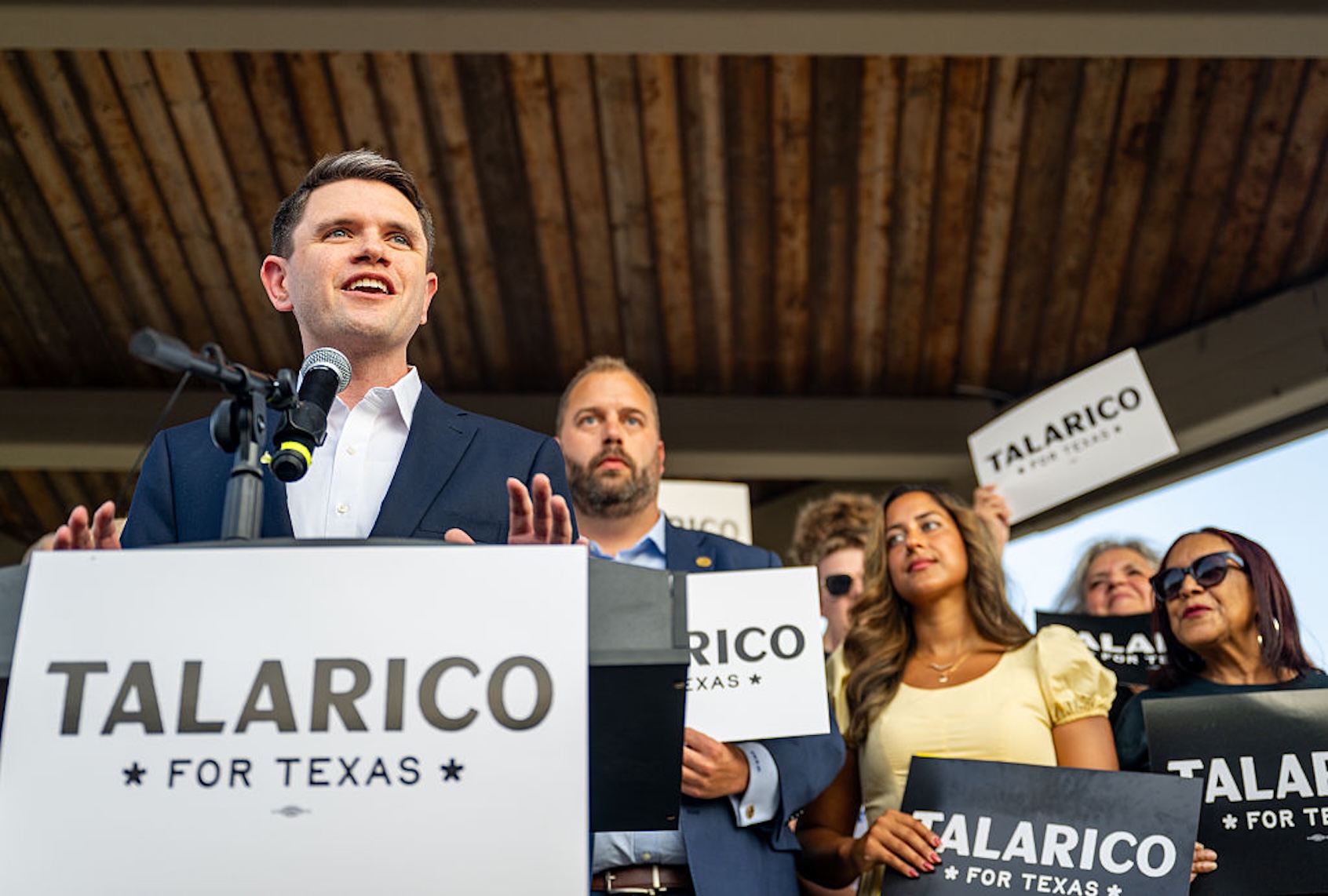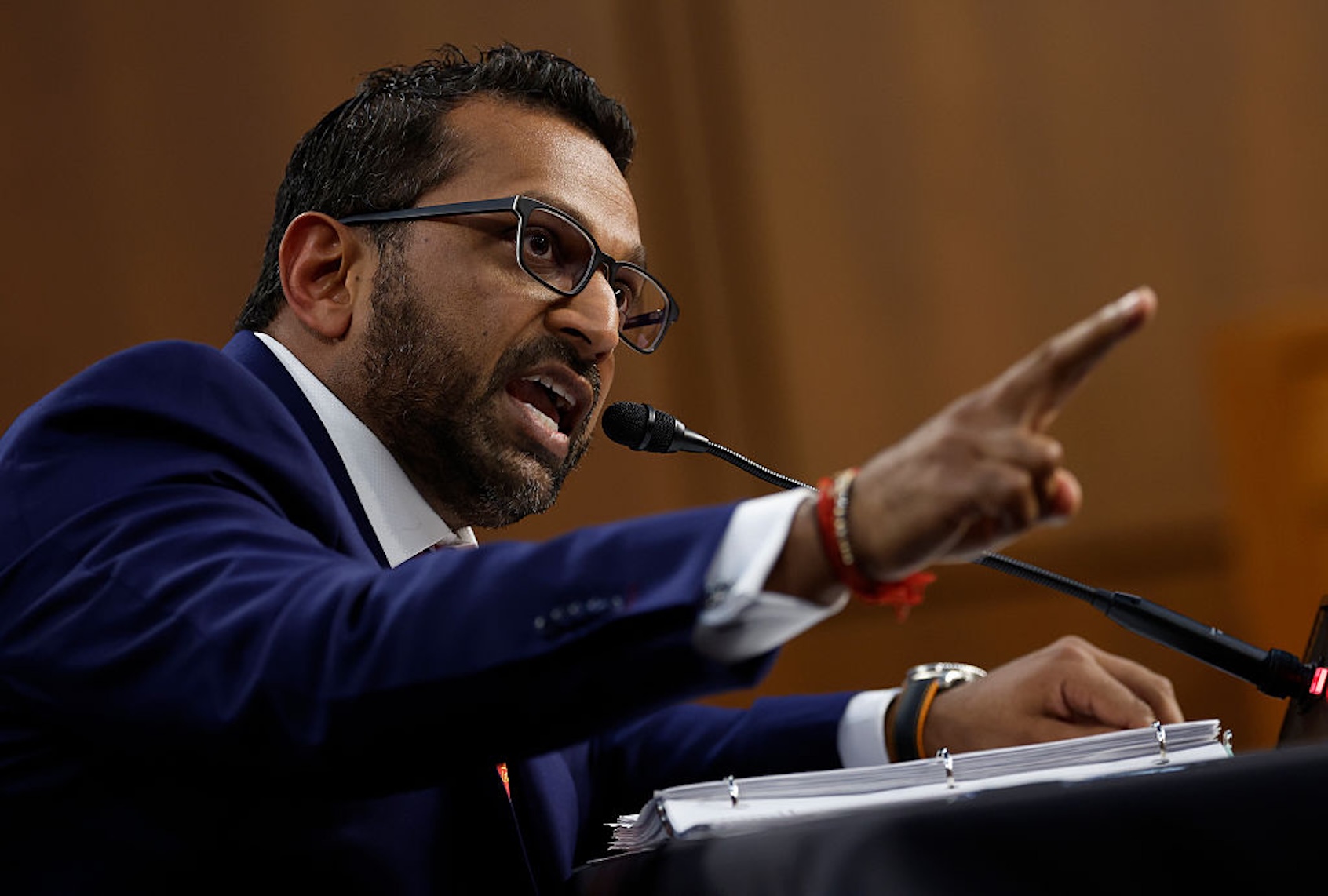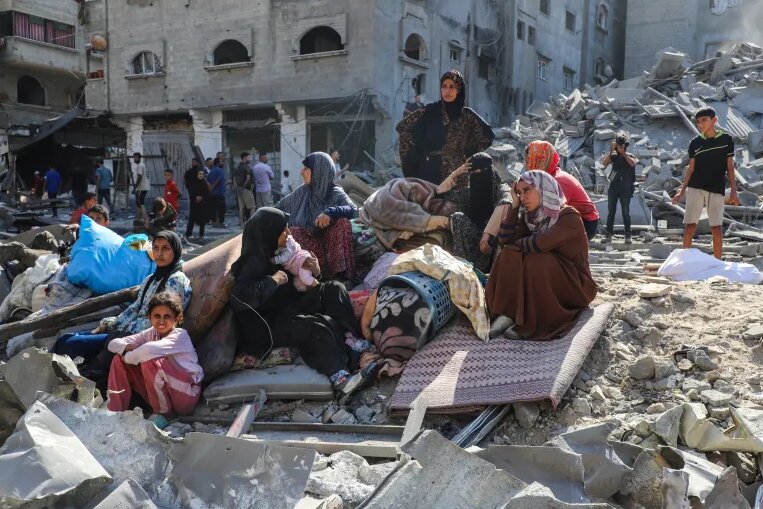
For around eight decades, Palestine has been the world’s question that won’t be answered; a place where justice claims have been examined and found wanting. The UN Charter, which was born after the devastation of war, committed to peace, equality and protection for the oppressed.
But in Palestine, those promises have been written and erased, spoken and undone, over and over again by Israel. The explanation is not hard to find: when Israel is held at bay, Washington’s veto bears all but formal testimony that International Law amounts to a charade—it plays well, speaks loudly, and signifies nothing.
Since 1972, the United States has used its veto to shield Israel from accountability more than 50 times, roughly half of all vetoes it has ever cast in the Security Council.
The first came in September 1972, when it blocked a resolution condemning Israel’s bombardment of Lebanon. That set the tone for decades. Washington vetoed measures censuring settlement expansion, rejecting Israel’s annexation of East Jerusalem and the Golan Heights, condemning its 1982 invasion of Lebanon, and even a 2011 draft declaring settlements “illegal,” despite admitting it agreed with the content.
In 2017, America stood isolated 14 to 1, vetoing a resolution rejecting Trump’s recognition of Jerusalem as Israel’s capital. In 2023 and 2024, it blocked repeated calls for a Gaza ceasefire, even as thousands of civilians were killed. A single raised hand has erased the will of the world, again and again.
This is not balance. It is complicity.
The General Assembly, not subject to the veto, has condemned Israel repeatedly. Between 2015 and 2023, it approved, in all, 154 resolutions condemning Israel compared to a mere 71 against all other member states combined. Another 17 resolutions were adopted in 2024, including a historic one calling for Israel to leave the territories it occupied within a year.
The deeper reality is that America is not powerless to restrain Israel; it is simply unwilling. Israel is seen as a strategic ally, a “democratic outpost” in the Middle East, and a partner in military technology and intelligence. In Washington, domestic politics make any move to condition aid or arms politically costly. Successive administrations frame their vetoes as blocking “unbalanced” texts. In truth, they block justice.
This shield has given Israel the confidence to project its power well beyond its borders. Israel has gone to war with Egypt and Jordan since 1948, invaded Lebanon multiple times, bombed Syria, blew up Iraq’s Osirak nuclear reactor in 1981, killed PLO leaders in Tunisia in 1985, and conducted the astonishing Entebbe raid in Uganda in 1976.
In more recent years, it has targeted sites in Sudan and Yemen, while a missile attack on Doha was the first Israeli strike in the [Persian] Gulf. Throughout its short history, Israel has attacked or invaded 10 countries, an amazing feat for a state of its stature, but feasible only due to the fact that it is able to count on Washington shielding it from any consequences.
For the Muslim world, this issue is not just geopolitical but moral. The Qur’an teaches the sanctity of human life and the duty to stand with the oppressed. Yet the international system allows one veto to outweigh the blood of thousands. Palestinians see not only an occupier on their land, but a superpower ensuring the occupier’s impunity.
There are other options, but all of them require courage. The General Assembly can use the ‘Uniting for Peace’ procedure if the Council is blocked. And states may adopt arms embargoes or suspend export licences that sustain the occupation. Courts have other options for holding someone accountable, such as the International Criminal Court or universal jurisdiction.
Countries could recognise Palestine, sanction settlement businesses, or make trade conditional. Even humanitarian firewalls ensured aid corridors, protection for medics and journalists would be a step in the right direction.
But none of this will come from waiting on the Security Council. Liberation has never been gifted by institutions; it has always been demanded by people and nations willing to act beyond great-power vetoes.
History will not remember the technicalities of UN procedure. It will remember the children buried under rubble in Gaza, the erased villages of the West Bank, and the sprawling refugee camps of Lebanon and Jordan. America’s vetoes are not mere votes; they are shields for injustice. The General Assembly’s condemnations are not just pieces of paper; they are testimonies of a world betrayed.
If the international system cannot protect Palestine, the most visible symbol of dispossession in our age, then it cannot claim to protect anyone. For Iran, for the Arab world, and for Muslims everywhere, this is not only a diplomatic failure. It is the measure of whether dignity, justice, and international law retain any meaning at all in the twenty-first century.
